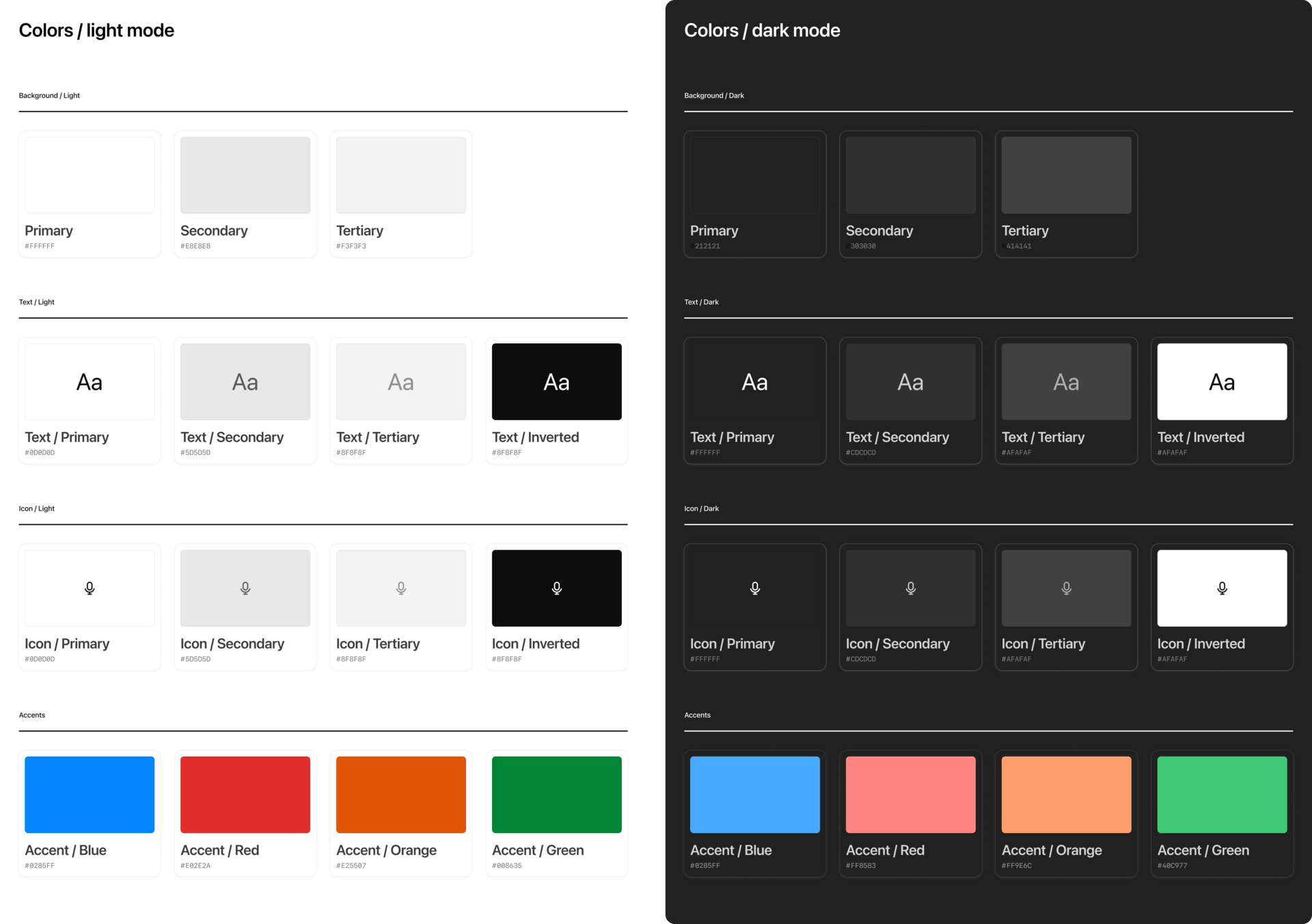- Modern Chaos
- Posts
- MC.92: Apps in ChatGPT? The beautiful trap
MC.92: Apps in ChatGPT? The beautiful trap
Come my lady come, come my lady. You're my butterfly, sugar baby
Hello,
remember when the first App Stores launched? Those platforms promised unprecedented autonomy for developers and freedom of choice for users.
With ChatGPT "Apps", OpenAI is rewriting the rules, but in one direction only: absolute control. The long-awaited ecosystem looks less like an open marketplace and more like a greenhouse under glass.
ChatGPT "Apps": A Controlled Showcase
Imagine opening a shop in a mall. You're promised prime real estate, but you can't choose your storefront or interior design. Your "shop" is really just a showroom where someone else decides when customers can see you.
That's the reality of "Apps" in ChatGPT. These third-party modules primarily serve up information, though they can also trigger actions like booking rides or ordering food. But here's the catch: the AI model, not the user, decides which app gets activated at any given moment.
OpenAI's Economic Strategy Revealed
This "Apps" rollout exposes OpenAI's long-term play. Power sits entirely in their hands: they decide which applications get presented and, crucially, which ones get called in response to user queries. Ask for plane tickets? OpenAI chooses whether to activate Booking, Skyscanner, or neither.
There's no real "App Store" in the traditional sense. Even if developers register their tools, there's zero guarantee of activation. OpenAI positions itself as gatekeeper, dictating all interactions. (NB: there is a notion of App Directory thought)
This stranglehold on app selection lays the foundation for a business model that could rapidly pivot to advertising. Like web giants and existing app stores, OpenAI will likely monetize visibility. Developers could soon pay to "rank higher" in suggested results or secure preferential activation, transforming what presents itself as a service into a new, tightly controlled ad channel.
Apps SDK leans on your tool metadata and past usage to make intelligent choices. Good discovery hygiene means your app appears when it should and stays quiet when it should not.
Severe Constraints on User Experience
Beyond opaque selection, developer constraints are numerous. Technical documentation offers little transparency about how apps get called. UX limitations: color codes, interfaces, are draconian, leaving minimal room for customization or differentiation.
ChatGPT "Apps" aren't complete applications but rather "app fragments", bits of functionality reduced to their simplest expression

You can have any color, as long as it is GPTblack.
Beyond the Walled Garden: Total Dependency?
We're moving past the "walled garden" concept where platforms set the rules. With ChatGPT, it's a private party where OpenAI is the exclusive host. They decide when you get to speak, who you speak to, and how you speak.
This centralization raises legitimate concerns. While some will see opportunity in reaching ChatGPT's massive user base, they must recognize the total dependency they're creating. It's a relationship where third parties serve OpenAI's interests, not the other way around.
What This Means for Developers and Users
The ChatGPT "Apps" promise is tempting, but the reality is rigid control. For developers, this means careful navigation in an ecosystem where innovation bows to OpenAI's decisions. For users, it means less choice and more algorithmic curation.
The stakes are high: how do you preserve value and autonomy when visibility and interaction are so tightly controlled? As AI becomes more central to how we work and create, these questions of platform power become increasingly urgent.
The app ecosystem we're building today will shape the AI landscape for years to come. Whether it becomes an open, competitive marketplace or a series of controlled fiefdoms remains to be seen.
Cheers,
Olivier
Like this newsletter? Forward it to a friend and have them sign up here.
Until next Thursday 🎉
1 Claude does show some code but hides the bigger picture.
Reply